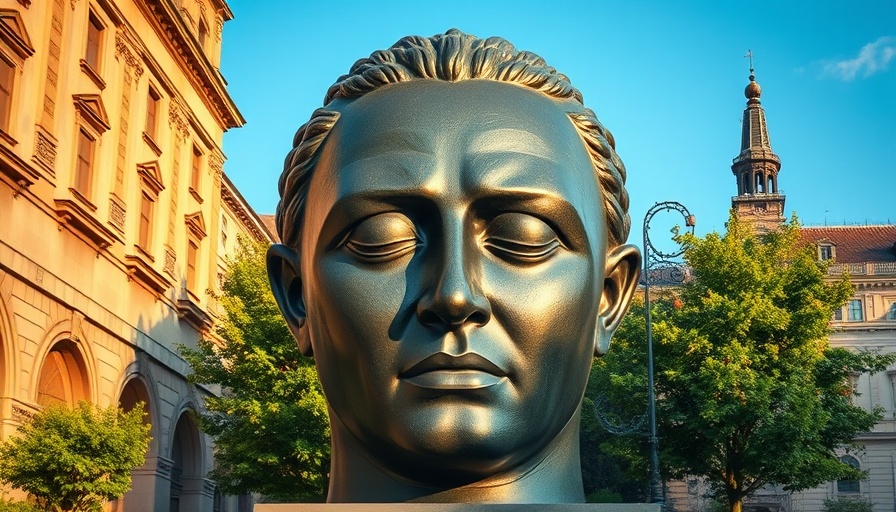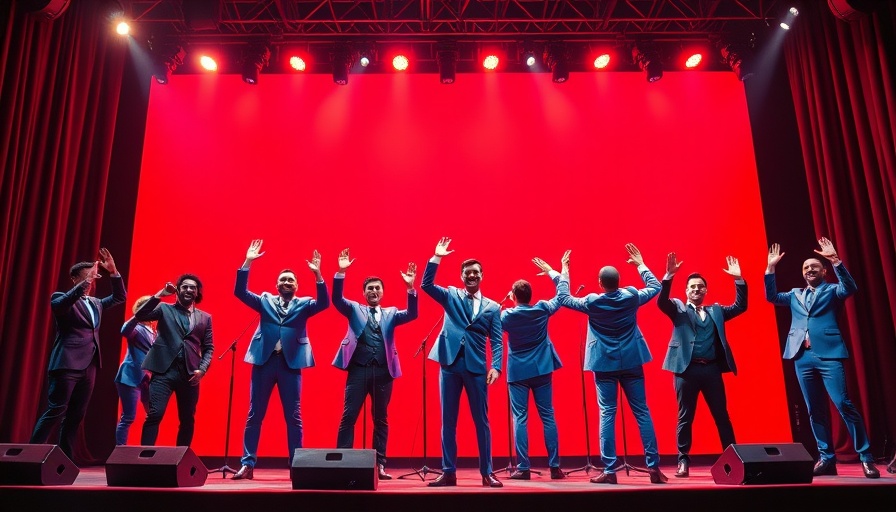
A New Chapter for the National Center of Afro-American Artists
In an inspiring shift for Boston's rich cultural landscape, the National Center of Afro-American Artists (NCAAA) is embracing its future with new leadership. Akiva Ibaka steps into the role of interim Executive Director, succeeding Barry Gaither, who has been pivotal in steering the center since its inception in the late 1960s. Gaither's unparalleled dedication has established the NCAAA as a cornerstone for Black and African arts and culture.
In CityLine: The passing of the torch at a historic Boston institution, the discussion dives into the leadership transition at the National Center of Afro-American Artists, exploring key insights that sparked deeper analysis on our end.
The Legacy of Leadership
Gaither’s tenure at the National Center is marked by substantial growth and unwavering commitment. Reflecting on his time, he emphasizes the mission to enrich the community through arts, stating, “The arts are the guts of the people.” His vision aligned with founder Dr. Elmer Lewis’s ethos, which underscores the importance of artistic expression and cultural representation. Gaither's achievements speak to his passion for fostering a space where creativity thrives, and identity flourishes.
Community Engagement and Cultural Representation
Ibaka, taking up the mantle, is energized by Gaither's legacy and the necessity for community-centered art. “The National Center of Afro-American Artists is a gift to our community in Roxbury and beyond,” he shares. Under his leadership, there is a keen focus on enhancing accessibility to the arts and amplifying voices within the community. The upcoming celebrations of 55 years of Black Nativity are set to engage the public like never before, featuring interactive events that honor the profound narrative of Langston Hughes’ urban African experience.
Honoring the Past, Shaping the Future
As the center moves forward, it’s clear that the commitment to intertwining the past with the present is vital. Gaither reflects on how he and his team have sustained a creative tradition, creating platforms for new talent and ensuring that the stories of Black artists resonate within both local and global realms. This synergy of tradition and innovation is precisely what Ibaka aims to strengthen as he leads the center into its next era.
The National Center serves not only as an artistic space but also as an educational hub. By nurturing young talents and prioritizing community involvement, the NCAAA is poised to continue its legacy of impact. As this historic Boston institution transitions, it invites everyone to witness how the torch has been passed, and what the future holds for arts and culture in the city.
 Add Row
Add Row  Add
Add 




Write A Comment